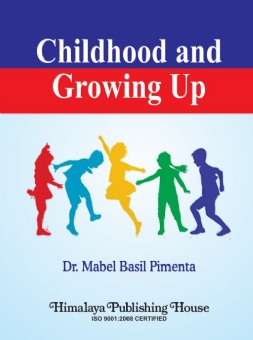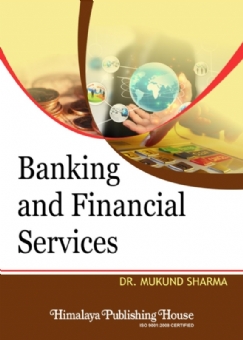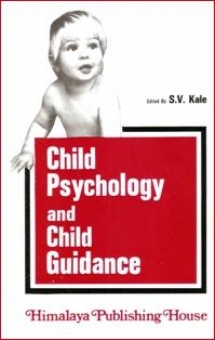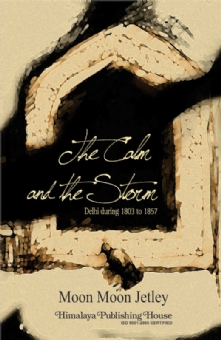The book is written on ‘Educational Psychology’ titled as ‘Childhood and Growing Up’. Basically, the book is written as per the curriculum of Course 1 of Two Years’ B.Ed. Course of the University of Mumbai and other Universities in Maharashtra. It will also be useful for the students of other universities. The book contains a total of eight chapters, which are allotted to different aspects of child growth and development. Social perspectives of growth and development were incorporated in the ‘Two Years’ B.Ed. Course’, hence the need to author this was aroused. It is essential to broaden our views pertaining to the growth and development on a global and national level. Growth and development are no longer merely a psychological process, but has a great sociological impact.
The stages of development are the same, but the age is being preponed in terms of the onset of maturity. Adolescence arrives at a tender age of nine or ten. It is due to an integrated impact of diet, changing lifestyle, gadgets and media. The problems faced by a child are enormous and varied in Indian society due to socio-cultural differences. Adolescents face emotional crises and the effects of it are long lasting. Hence, the parenting styles play an important role. Parents get a direction, whether they are playing a right role or need to change their parenting style. All these concepts and issues are discussed in Chapters 1, 2 and 3.
Many researches are undertaken on child development using various methods and approaches of psychology. Teachers have to be aware of these research studies to update themselves about progress in the subject and issues across the world. Theories are developed by psychologists on social, ecological, cognitive and moral aspects of child development. Chapters 4 and 5 are allotted to methods, approaches and theories of development.
In the Indian context, child development is obstructed due to marginalization, diversity and stereotyping. It is necessary to study these concepts and its impact on growth and development. Many times, a changing family structure becomes a barrier to child development. Broken families lack attachment and bonding which give rise to trauma in childhood, may it be child abuse or violence. So, intervention in terms of life skills is the need of the hour in the modern society, which is discussed in Chapter 6.
In this modern era, every individual needs to delve deeper and search for ‘self-identity’. They need to be trained to resolve identity crises and overpower the negative impact of it. The child needs to know his own emotions and understand others too. It is possible to train him to develop emotional skills and cope up with stress using them. The concepts and psychological theories related to identity and emotions are described in Chapter 7.
It is a challenge before children to establish their identity in this influential world of media. The children need to know the positive and negative impact of media. Their life is full of competitions and pressure from peers. It is necessary to get a clear picture about false depictions of children, men and women. Influence of mass media on various factors of the society and peer relations, with greater emphasis on its negative influence, are discussed in Chapter 8.
Contents –
Module 1 : Principles of Development
1. Human Growth and Development
2. Process of Development
Module 2 : Fundamentals of Development
3. Context of Development
4. Methods and Approaches of Studying Child Development
Module 3 : Perspectives of Development in Psycho-Social Context
5. Theoretical Perspectives of Child Development
6. Growing Up in a Pluralistic Context
Module 4 : Development of Identity
7. Understand Self and Emotions
8. Establishing Identity in a Real World
Question Paper Pattern







